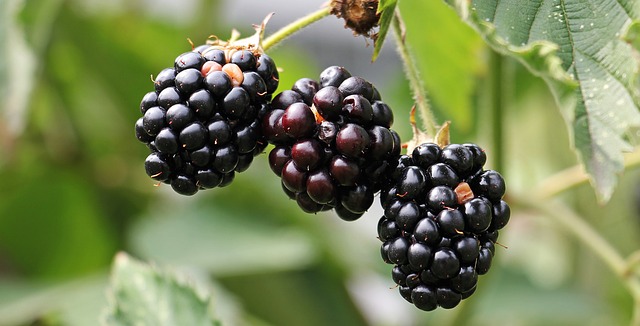Everything You Need to Know About Prebiotics and Probiotics for Digestive Health
In recent years, the importance of maintaining a healthy gut has become a hot topic in the health and wellness industry. This is because the benefits of good gut health extends beyond just aiding digestion; it can also boost immunity, improve mental health and reduce inflammation.
One way to maintain a healthy gut is to include prebiotics and probiotics in your diet. In this article, we’ll explore what prebiotics and probiotics are, their benefits, and how to incorporate them into your diet.
What are Prebiotics and Probiotics?
Prebiotics are non-digestible fibers that stimulate the growth and activity of beneficial bacteria in the gut. These fibers essentially act as food for good bacteria, which helps them thrive and helps to maintain a healthy balance of gut microbiota.
Probiotics, on the other hand, are live bacteria and yeasts that are naturally found in the gut. They help to maintain a healthy balance of gut bacteria by increasing the number of good bacteria in the gut, which in turn helps to improve gut health.
The Benefits of Prebiotics and Probiotics
There are several benefits of including prebiotics and probiotics in your diet, including:
- Improved Digestion: Prebiotics and probiotics can help to alleviate digestive issues such as constipation, bloating and diarrhea.
- Boosted Immunity: The gut is home to a large portion of the body’s immune system, and maintaining healthy gut microbiota can help to boost immunity.
- Improved Mental Health: Some studies suggest that maintaining healthy gut microbiota can have a positive impact on mental health and cognitive function.
- Reduced Inflammation: Certain strains of probiotics have anti-inflammatory effects, which can help to reduce inflammation in the gut and throughout the body.
How to Incorporate Prebiotics and Probiotics into Your Diet
Now that we know what prebiotics and probiotics are and their benefits, let’s explore how to incorporate them into your diet.
Prebiotics
Prebiotics are found in a variety of foods, including:
- Whole grains such as oats and barley
- Fruits such as bananas, apples and berries
- Vegetables such as asparagus, broccoli and onions
- Legumes such as lentils and chickpeas
- Nuts and seeds such as almonds and flaxseeds
Try incorporating these foods into your diet to get a healthy dose of prebiotics.
Probiotics
Probiotics can be found in a variety of fermented foods, including:
- Yogurt
- Kefir
- Sauerkraut
- Miso
- Kombucha
When buying fermented foods, be sure to look for products that contain live and active cultures. You can also take a probiotic supplement to ensure that you’re getting enough good bacteria.
Conclusion
Incorporating prebiotics and probiotics into your diet can have a big impact on your overall health and wellbeing. These important elements help to maintain a healthy balance of gut microbiota, which can lead to improved digestion, better immunity, and even better mental health. By incorporating pre- and probiotic-rich foods into your diet, you can optimize your gut health, and in turn, improve your overall health.







